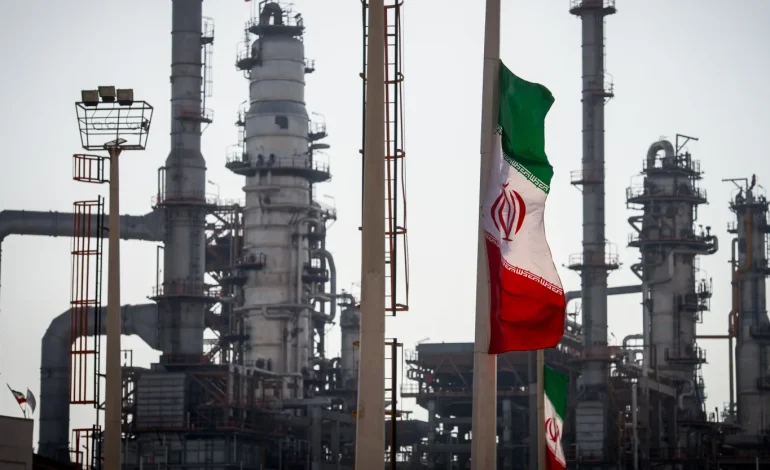Oil Prices Dip as US-Iran Nuclear Talks Ease Market Tensions

Oil prices edged lower on Monday, slipping just over 1%, following signs of progress in nuclear negotiations between the United States and Iran.
The discussions, which took place over the weekend, have sparked hopes of a potential agreement that could lead to a return of Iranian crude to global markets, easing earlier supply concerns.
Brent crude futures dropped by 70 cents, or 1.03%, to $67.26 a barrel as of 0030 GMT, after ending the previous session with a 3.2% gain. US West Texas Intermediate (WTI) crude fell 68 cents, or 1.05%, to $64.00, after climbing 3.54% on Thursday. Markets were closed on Friday due to the Good Friday holiday.
The price decline comes after both Washington and Tehran indicated positive momentum in ongoing nuclear talks. Iran’s foreign minister described the Saturday negotiations as productive, stating the two countries had achieved a “better understanding” and agreed to begin drafting a framework for a potential deal. A US official echoed this sentiment, referring to the discussions as showing “very good progress.”
The talks come amid heightened geopolitical tensions and renewed US sanctions, including measures targeting a China-based independent refinery allegedly involved in processing Iranian oil. Despite this pressure, the tone of the negotiations has prompted market optimism that a diplomatic resolution might be within reach.
Last week, both Brent and WTI posted their first weekly gains in three weeks, driven by concerns of tightening Iranian oil supply and broader hopes for progress in trade discussions between the US and the European Union.
However, oil markets remain sensitive to broader global developments. Ongoing volatility in Ukraine — where both Russian and Ukrainian forces accused each other of violating an Easter ceasefire — and the continued uncertainty around US trade policy under President Trump have contributed to fluctuating investor sentiment. Analysts also continue to monitor potential impacts of the US-led trade war on global energy demand.
Meanwhile, trading volumes are expected to remain light due to the extended Easter holiday period in several countries.









The latest news in your social feeds
Subscribe to our social media platforms to stay tuned